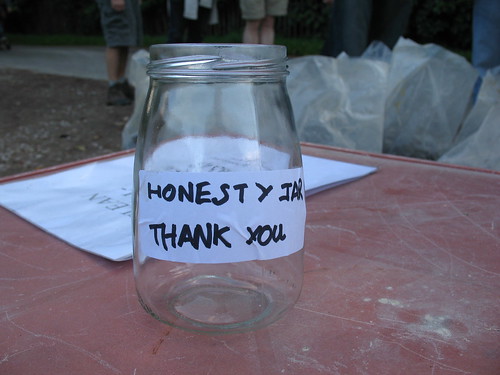 With all the plane hours I've recently logged, I had the chance to finish reading The Death of Sigmund Freud: Fascism, Psychoanalysis and the Rise of Fundamentalism
With all the plane hours I've recently logged, I had the chance to finish reading The Death of Sigmund Freud: Fascism, Psychoanalysis and the Rise of FundamentalismOne of my favorite history teachers made a point to teach us through storytelling, rather than the recitation of facts and dates. This book takes that tact, outlining Freud's last days in a conversational, but still accurate way.
What makes this book particularly interesting is the way the author handles the historical context. In telling Freud's story, Edmundson also takes on Hitler's rise to power in Germany, his take over of Austria and the fuhrer's subsequent acts of war. In his psychoanalytical works, Freud explains what people get out of tyrannical dictators -- a replacement to the guilt-inducing superego.
Edmundson goes on to apply Freud's theories on power, dictatorships and mobs to present day geopolitical situation. In other words, without going into great detail, he applies psychoanalysis, to terrorism and fundamentalist religious sects in the United States, Middle East and elsewhere.
Piggybacking on Freud, Edmundson makes the case for continual reevaluation of divinity, connections and self. Being self-aware and aware of the forces of the subconscious results in inner tension, the ego constantly battling the superego and the id to create balance.
It's worth a read if you:
a) have an interest in psychology,
b) like history (particularly WW2 era), or
c) need food for thought.


